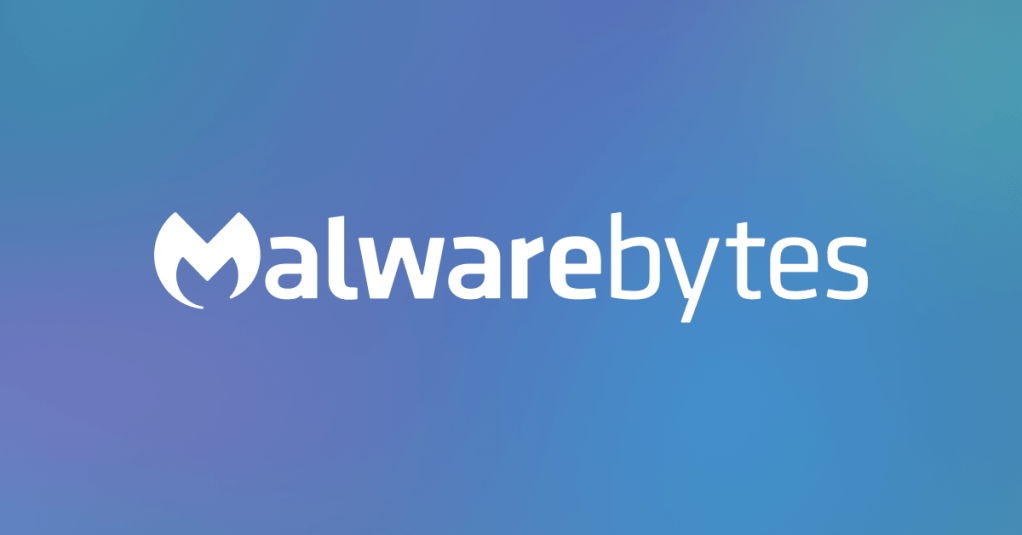3 nights ago, i received an email from UPS and everything looked very authentic! so i opened it to see what is being delivered, to see that info, i have click on that long delivery code, so i did but i noticed the new page was saying something irrelevant, but before i click the code, my MS defender came on with a quick message that i didn't have time to read what it was saying! the reason why i opened this message was that i had some cigar on order and haven't received in a long time so i thought it was being delivered. all of a sudden, it dawned on me that desktop email just got compromised! the UPS message was so authentic that i never thought of foul play!
so here is my question: was it my desktop that just got compromised, or my email, or can i open my email from my laptop without being compromised, or it doesn't matter where i ope my email form, my email is completely hosed? if it is only my desktop, i can live with that and i can always use my laptop for emails from now on! to those who know the answer, i would like to hear your opinion and much appreciated!
P.S. i use Firefox browser, BTW.
--
Who are you gonna believe, me, or your lying eyes? Groucho Marx.
so here is my question: was it my desktop that just got compromised, or my email, or can i open my email from my laptop without being compromised, or it doesn't matter where i ope my email form, my email is completely hosed? if it is only my desktop, i can live with that and i can always use my laptop for emails from now on! to those who know the answer, i would like to hear your opinion and much appreciated!
P.S. i use Firefox browser, BTW.
--
Who are you gonna believe, me, or your lying eyes? Groucho Marx.
Last edited:



